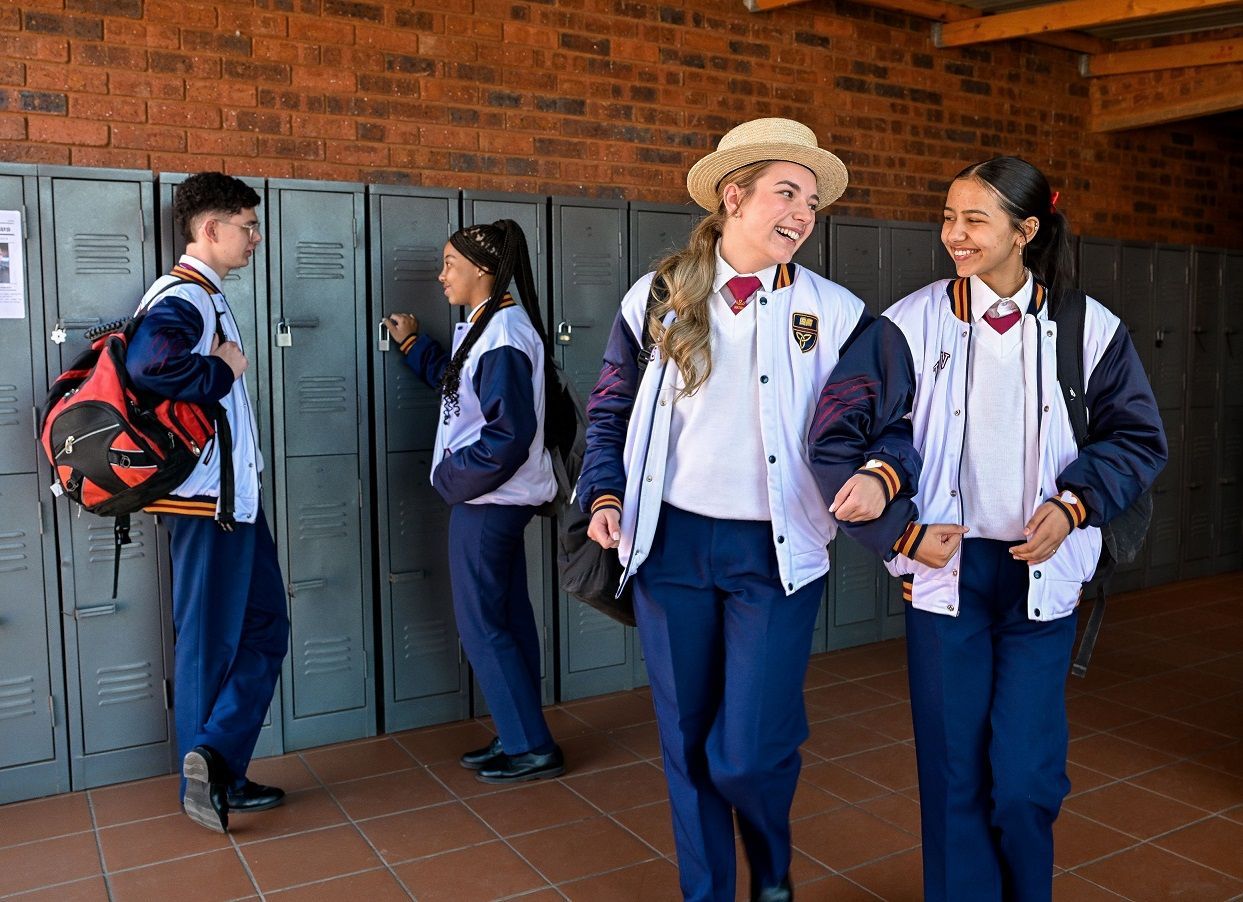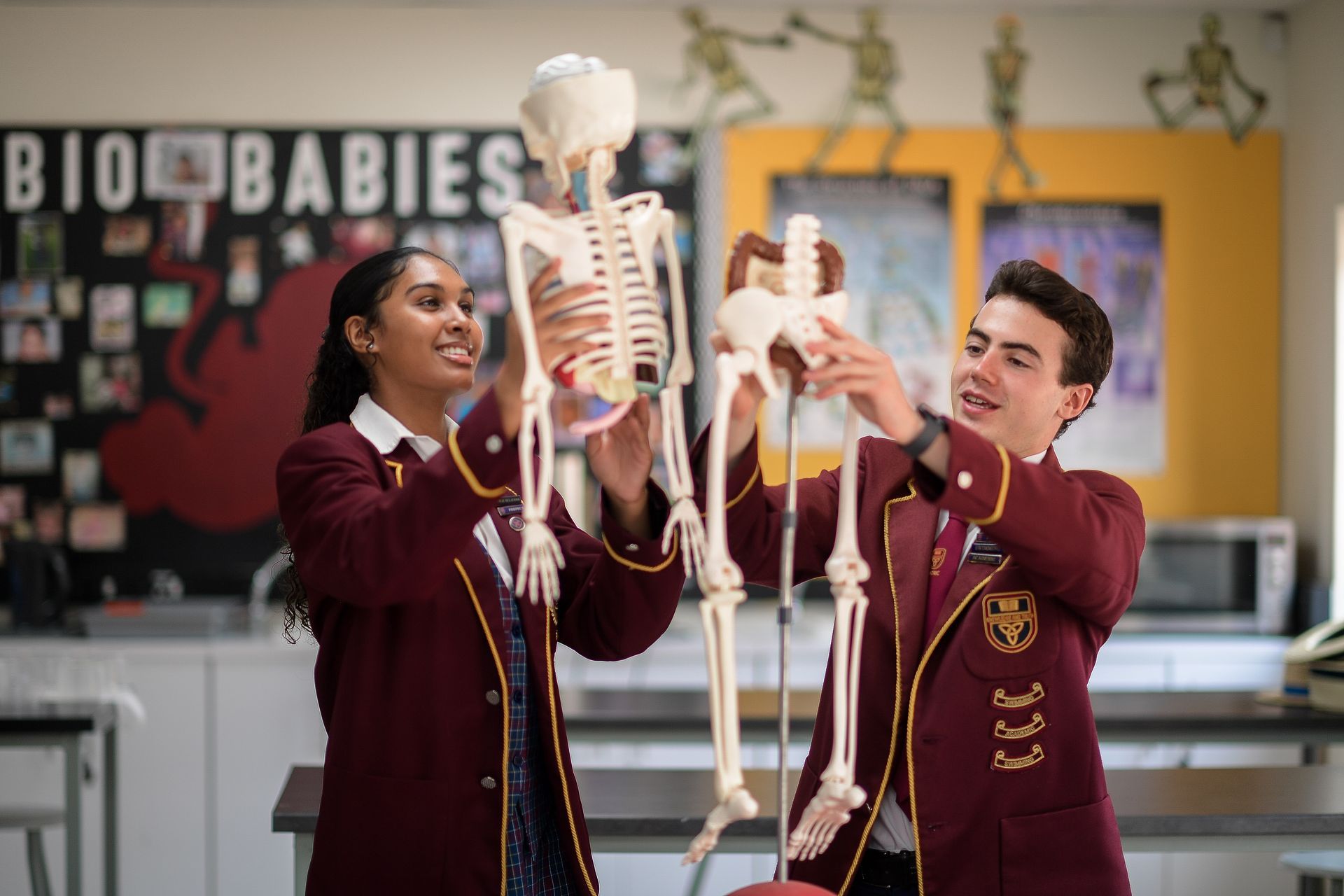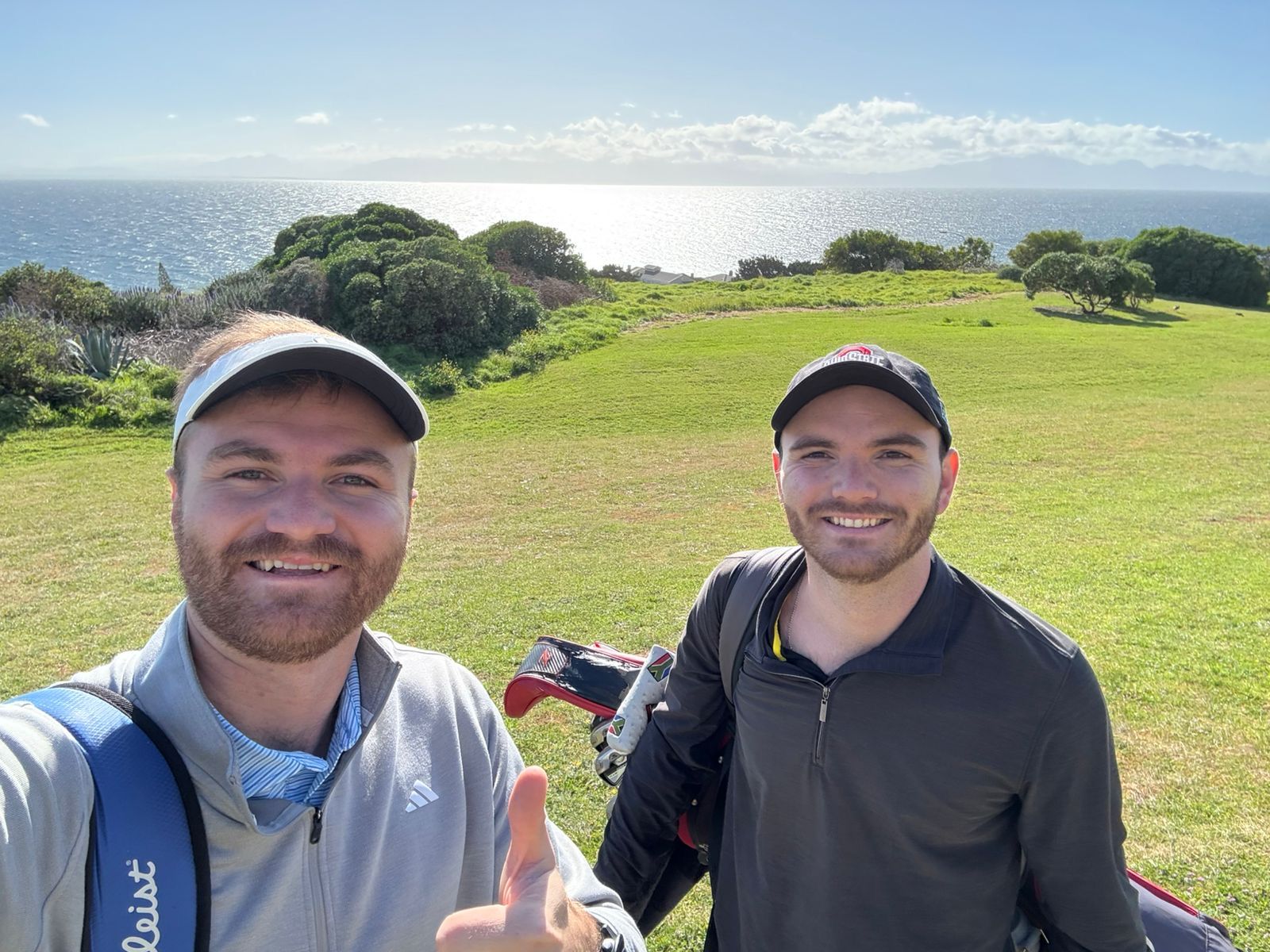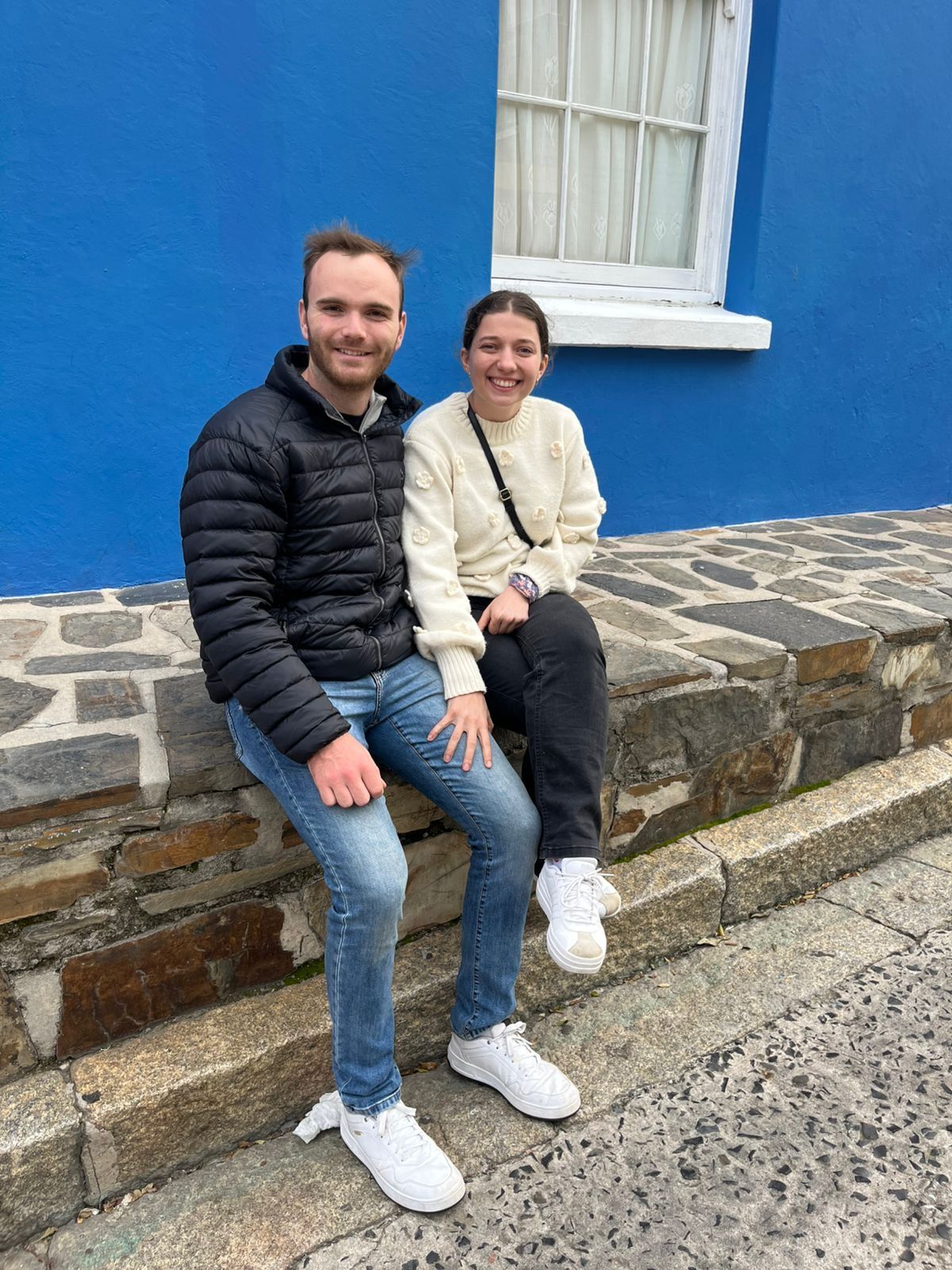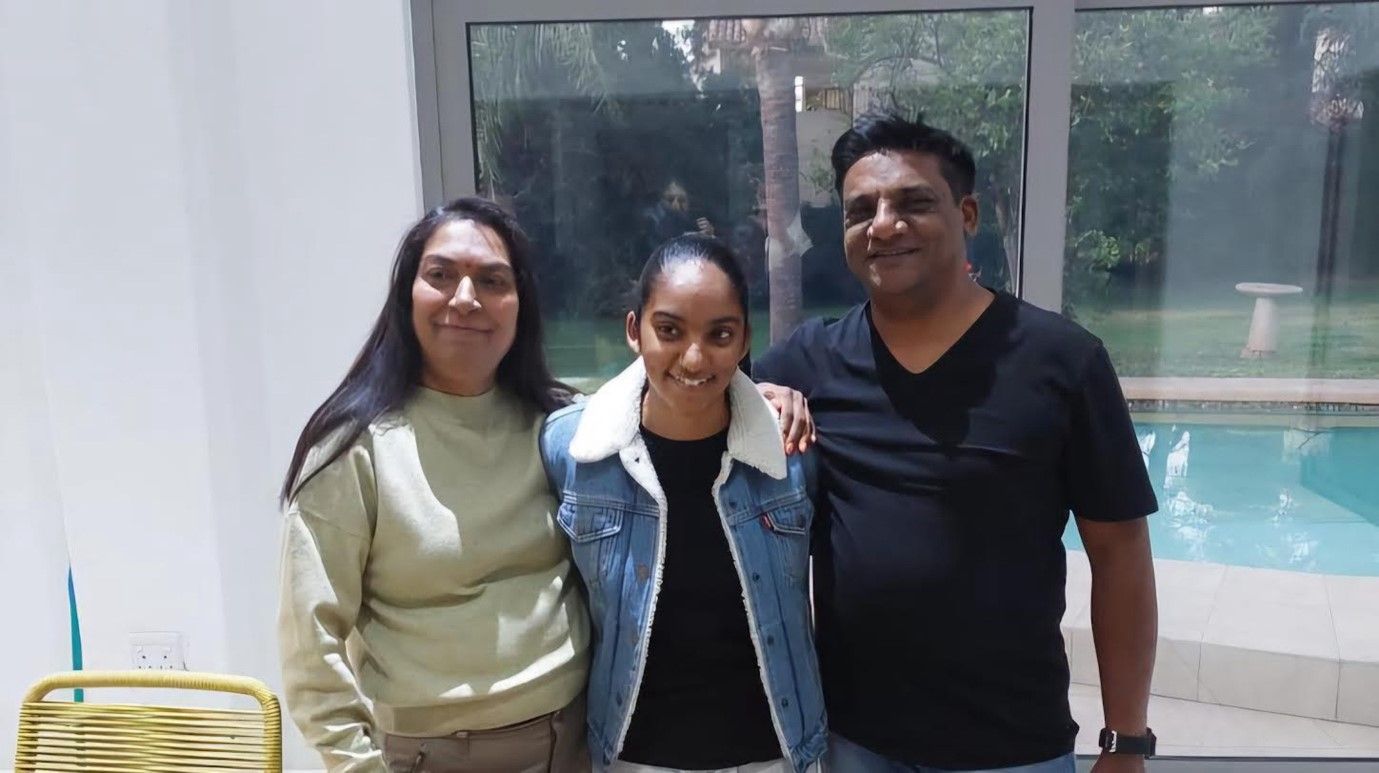Soaring beyond the classroom: Meet Bradley Jacobs, Trinityhouse’s aerospace engineer on the rise
Alumnus Spotlight: Bradley Jacobs
Matric Year: 2018
School: Trinityhouse Randpark Ridge
Few stories capture the spirit of curiosity, courage, and commitment quite like that of Bradley Jacobs, a proud Trinityhouse Randpark Ridge alumnus. As Head Boy and Dux Scholar of the Class of 2018, he excelled in both academics and sport before charting a course into the world of aerospace engineering. His journey has spanned continents, cutting-edge research, and incredible adventures, proof that passion and perseverance can truly take you anywhere.
1. What path did you take after matriculating from Trinityhouse?
After finishing school, I began studying
Mechanical Engineering at Stellenbosch University. I moved into
Helderberg residence, which quickly became a second home, joined the
Maties Hockey Club, and embraced student life. It was an exciting and transformative few years.
2. Mechanical Engineering is a challenging field. What inspired you to choose it?
I’ve always been fascinated by
aeronautics and space, and I believed that mechanical engineering was the best route to contribute to that field. I enjoy solving problems and taking on new challenges. Engineering gives me that sense of purpose and progress every day. It’s creative, practical, and incredibly rewarding.
3. After your degree at Stellenbosch, you made quite a leap, two years in Ohio for your Master’s! What was that experience like?
It was a big change. Moving to a new country on my own was daunting at first, but once I settled in, it became an incredible adventure. I worked in a
research lab focused on aircraft engines and learnt from some brilliant minds. Outside of academics, I ran the
Columbus Marathon, spent weekends hiking, camping, and fishing, and travelled whenever I could.
4. How did you adapt to life in the United States? Any cultural surprises?
Joining university clubs helped me meet new people and settle in quickly. I also tried to embrace American sports culture, though I was surprised by how long an American football match actually lasts! It’s advertised as an hour, but with all the ad breaks, it easily stretches to three. The
tailgating culture was also fascinating, people set up TVs and grills in car parks before games. It reminded me of home, just swap
rugby and
boerewors rolls for
football and
hot dogs. The cold was another shock, waiting for a bus in, -15°C weather was a real test of endurance!
5. You also travelled quite a bit while studying abroad. Which destinations stood out most?
Nashville, Tennessee was unforgettable, the home of country music and buzzing with live performances.
Chicago also impressed me with its clean, modern feel. I loved taking an
architecture boat cruise along the Chicago River and trying their famous
deep-dish pizza.
6. Returning to South Africa after two years abroad must have been special. How did it feel to be home again?
It felt incredible. There’s something unique about being surrounded by the warmth and friendliness of South Africans. I missed the braais, local sport chatter, and our easy-going culture. Living abroad really made me appreciate just how vibrant our country is. I’ve even convinced some American friends to come visit!
7. You’ve been working as a mechanical engineer in Cape Town since June. What excites you most about your current role?
I’m working in the
aerospace industry, which has always been my dream. Being surrounded by experienced engineers means I’m constantly learning and growing. Every day brings a new challenge, and it’s inspiring to work in a space where innovation literally takes flight.
8. Can you share a project or moment at work that reminds you why you became an engineer?
We design and manufacture
unmanned aircraft, and seeing those designs become real, functional machines that actually fly is an incredible feeling. Turning an idea on paper into something that takes to the sky captures exactly why I chose this profession.
9. Thinking back to your Trinityhouse days, what do you think best prepared you for this journey?
Trinityhouse helped me develop a strong
work ethic, which has been invaluable both in university and my career. But beyond that, it taught me the importance of
balance, the combination of academics, sport, faith, and community. That foundation has guided me through every chapter of my life.
10. If you could share one piece of advice with current Trinitonians, what would it be?
Follow your interests, even if they take you down a less-travelled path. Find what makes you curious and chase it. And always make time for your family and friends, everything becomes more meaningful when shared with people you care about.
11. What’s next for you, any big goals or dreams on the horizon?
Professionally, I’d love to play a part in strengthening
South Africa’s aerospace industry. Personally, I’ve developed a passion for triathlons, so completing a
half Ironman is definitely on my radar!
12. Quick Fire! Let’s Go!
Tea or Coffee? Coffee
Early Bird or Night Owl? Early Bird
Dream travel destination? New Zealand, for the fly fishing
Best food you discovered in the USA? Chipotle burritos
Engineering gadget you can’t live without? A trusty pocketknife, always useful
Three words friends would use to describe you? Determined, loyal, generous
What’s always on your playlist? Coming Along by Sunset Sweatshop, “It always gets me amped up!”
Whether he’s testing designs in a lab, running marathons, or helping shape the future of aerospace, Bradley Jacobs continues to exemplify what it means to be a Trinitonian, balanced, driven, and endlessly curious. His story is a reminder that the foundation built at Trinityhouse can propel dreams far beyond the classroom and across the world.
For Bradley, the sky isn’t the limit, it’s just the beginning.
